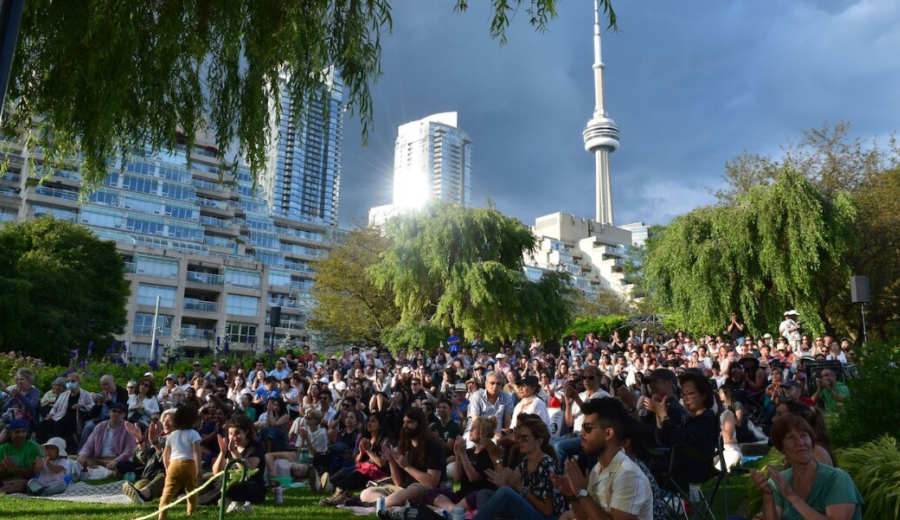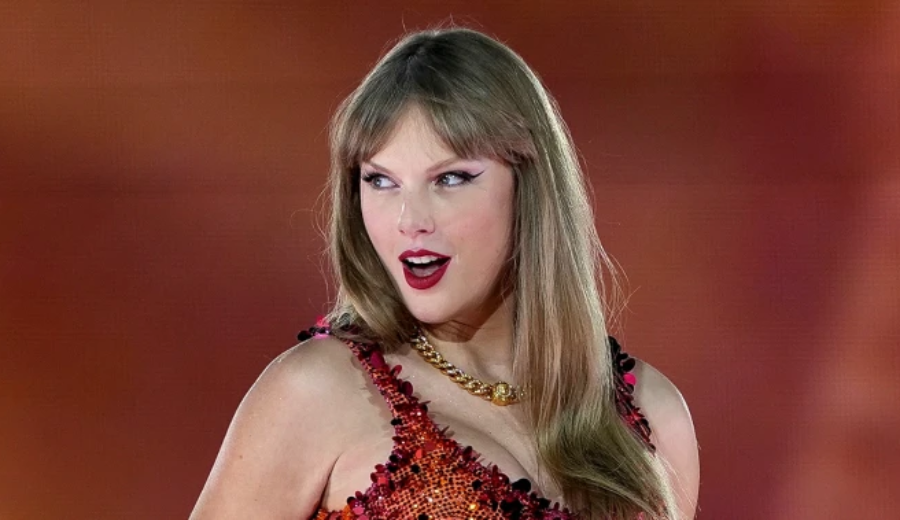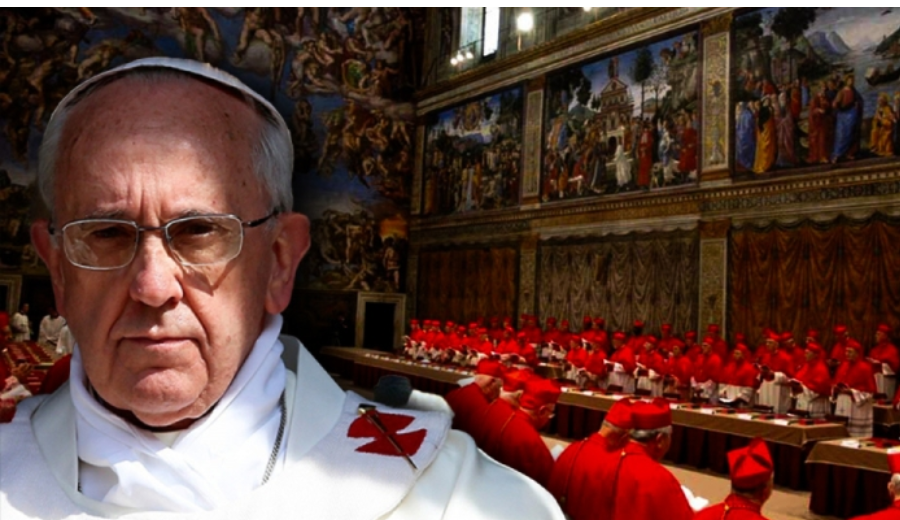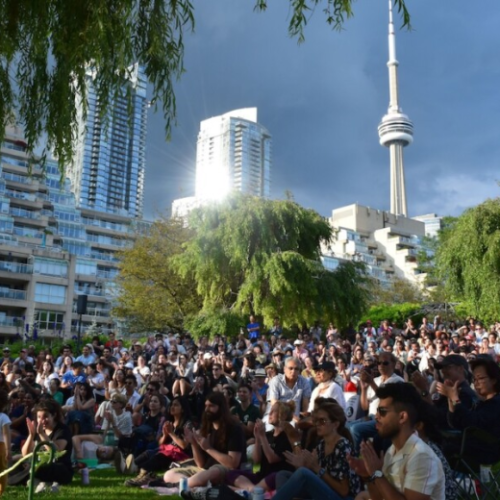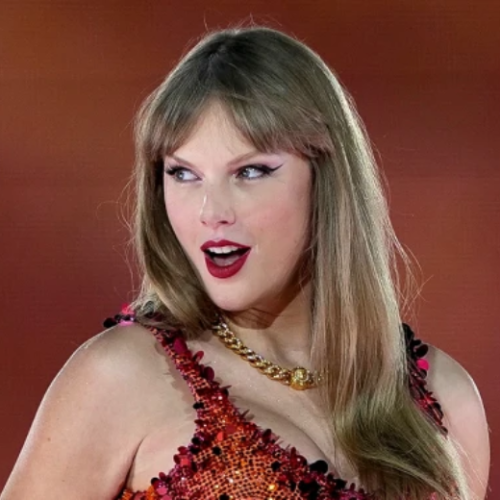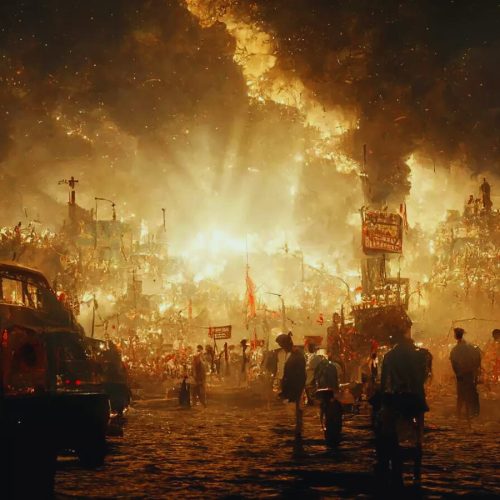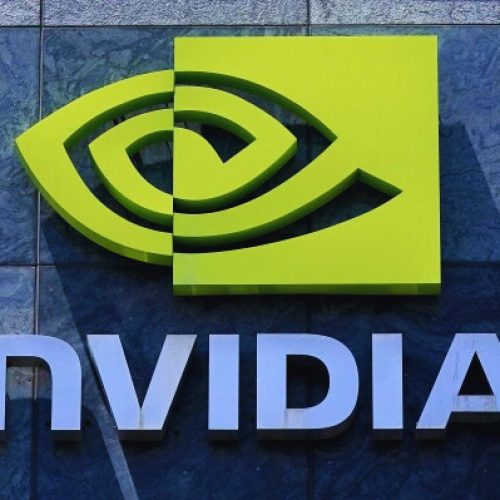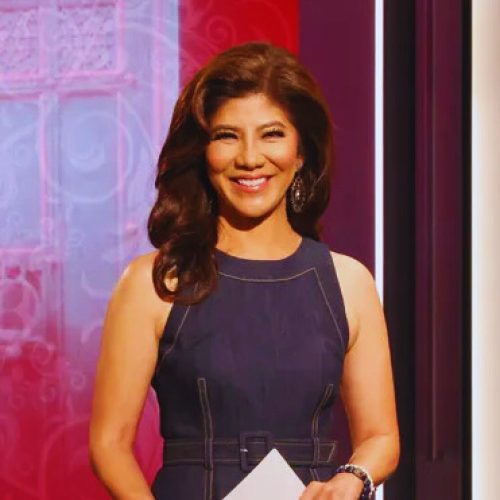The Vatican has officially announced that the papal conclave to elect the next pope will begin on May 4, 2025, following the passing of Pope Francis earlier this month. Cardinals from around the world will soon gather in Vatican City to choose the 267th successor to Saint Peter, in what is expected to be a pivotal moment for the Catholic Church and its future direction.
Historic Moment for the Catholic Church
The death of Pope Francis, who served as the 266th pope since 2013, has left millions of Catholics mourning. His papacy was marked by efforts to modernize aspects of Church life, address abuse scandals, and champion social justice issues such as climate change and migration. Now, with his passing, the Church faces major decisions about its future path amid growing global challenges.
According to Vatican officials, cardinals under the age of 80—those eligible to vote—will convene in the Sistine Chapel to begin the secretive and highly traditional process of electing the next pontiff.
Conclave to Begin May 4
The College of Cardinals has set May 4 as the official start date for the conclave. In the days leading up to the vote, the cardinals will participate in a series of general congregations, where they discuss the needs of the Church and the desired qualities in the next pope.
Once inside the Sistine Chapel, cardinals will cast ballots until a candidate receives a two-thirds majority. As tradition dictates, a successful election will be signaled to the world by white smoke rising from the chapel’s chimney; black smoke will indicate an inconclusive vote.
The selection of a new pope typically takes a few days, although the length can vary depending on the consensus among cardinals. Given the current divisions within the Church, particularly between more progressive and conservative factions, some Vatican observers believe this conclave could be especially complex.
Speculation Over Potential Candidates
Even before the conclave begins, speculation is rife about who the next pope might be. Potential frontrunners include Cardinal Matteo Zuppi of Italy, known for his peacebuilding efforts; Cardinal Luis Antonio Tagle of the Philippines, seen as a voice for the Global South; and Cardinal Péter Erdő of Hungary, a prominent conservative figure.
This election could also be historic if a non-European pope is chosen once again, signaling the Church’s increasing shift toward regions like Africa, Asia, and Latin America where Catholicism is growing most rapidly.
Global Significance
The selection of the next pope carries profound global implications. Beyond spiritual leadership for the world’s 1.3 billion Catholics, the pope plays a major role in humanitarian efforts, international diplomacy, and global moral discussions.
As wars, climate crises, and social inequalities continue to deepen, the Church’s next leader will face tremendous pressure to navigate these issues while maintaining unity within the faith.
The world now watches closely as the Church prepares for one of its most sacred and consequential traditions — the election of a new pope.
